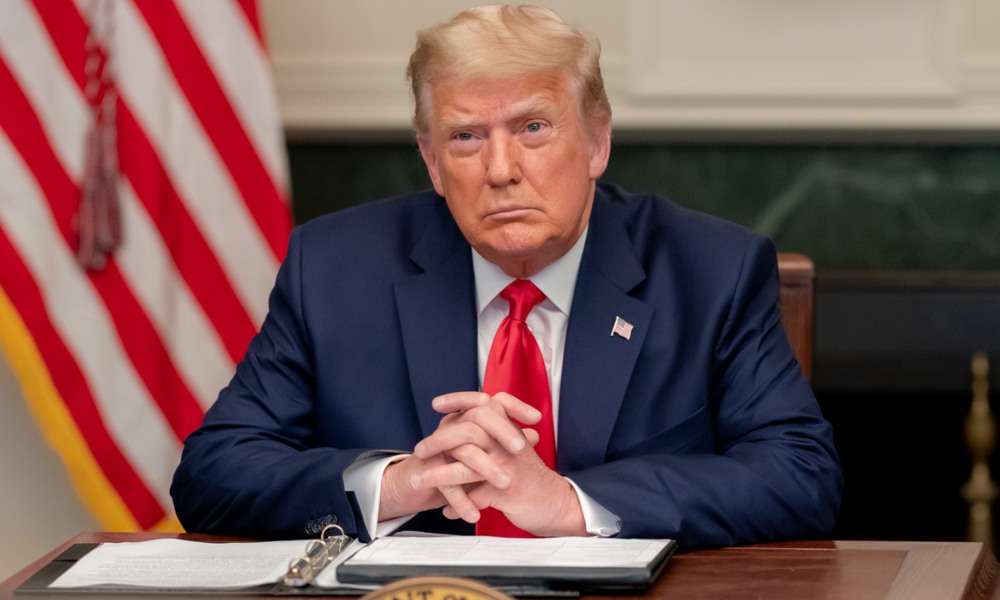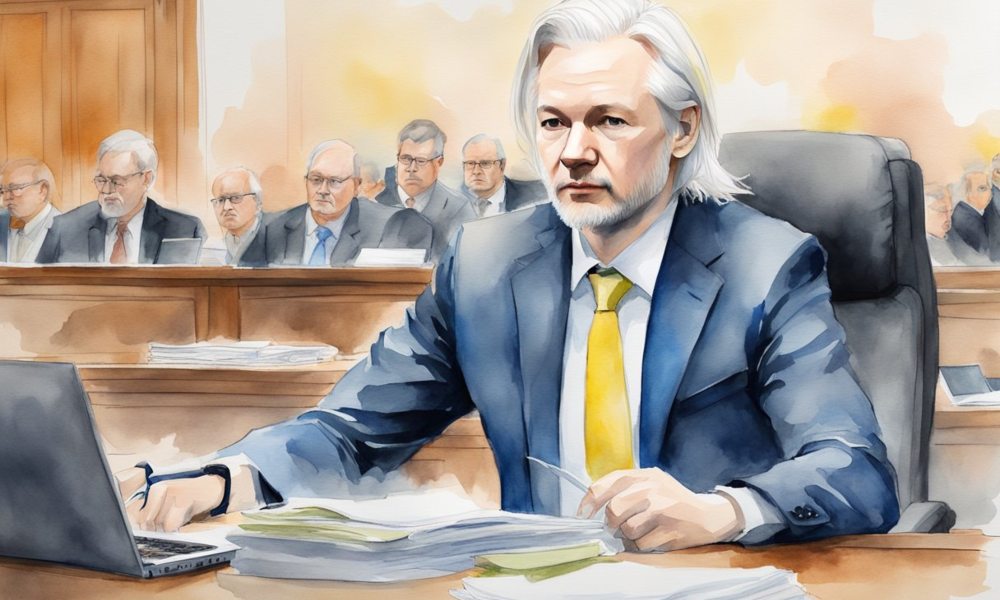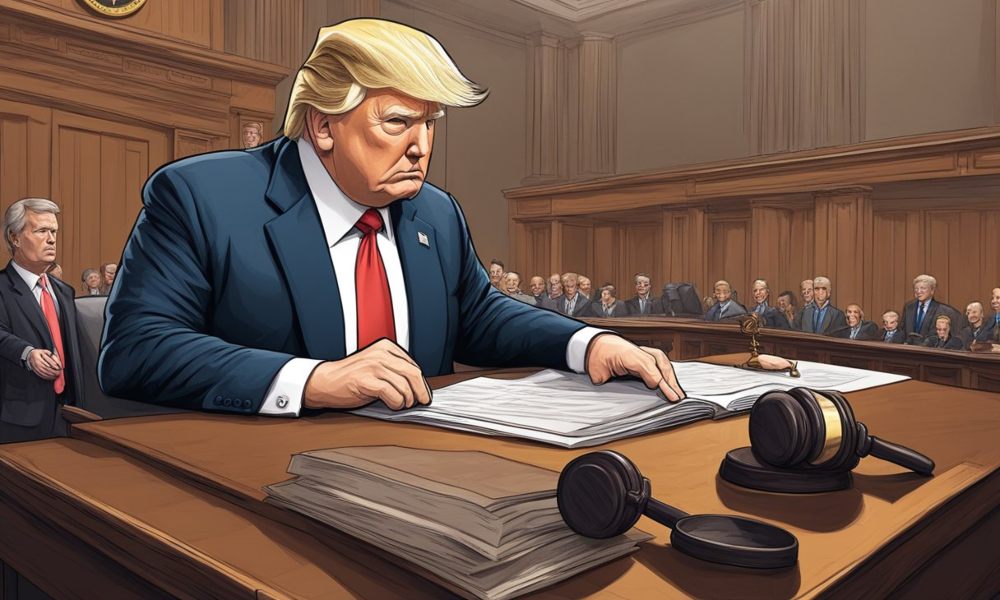Julian Assange, founder of WikiLeaks, has been granted the right to challenge his extradition to the United States.
- Assange is wanted in the US on charges of leaking military secrets
- A UK court previously ruled he should stand trial in the US
- But now Assange can appeal that decision based on free speech concerns
Will Assange be able to avoid being sent to the US? Let’s take a closer look.
High Court Blocks Extradition For Now
The London High Court has temporarily blocked Julian Assange’s extradition to the United States. The court permitted Assange to appeal the order that he should stand trial for leaking classified military information.
Assange’s legal team argued that the leaks exposed potential war crimes. They say Assange had a right to free speech under the US Constitution when publishing the documents through WikiLeaks in 2010.
The US had previously promised Assange’s free speech rights would be protected if extradited. However, the court found these “assurances” inadequate so far.
Over a Decade of Legal Battles
Assange has spent more than ten years resisting extradition and facing the Espionage Act charges in the US. He had taken refuge at the Ecuadorian embassy in London for years to avoid arrest.
Outside the court, Assange’s wife Stella called the US to drop the case entirely. She said it is “a waste of time” and an “unjust prosecution.” Supporters cheered the ruling as a victory, at least for now.
What’s Next in the Legal Process?
Nick Vamos, former head of extradition at the UK’s Crown Prosecution Service, explained what could happen next:
“Assange has been permitted to appeal on one very narrow legal ground – whether he would be denied his free speech rights as a non-US citizen.”
“This is an unsettled point of US law that Assange would have to argue in an American court if extradited.”
Vamos noted this is just one of many arguments Assange has made to resist extradition. His lawyers cannot revive other claims about political motivations or potential mistreatment.
Even if Assange prevails on this free speech claim, the US could still potentially seek his extradition on the separate hacking charges related to allegedly assisting Chelsea Manning.
Key Questions Remain
While Assange has won this temporary legal battle, the wider extradition saga remains unsettled and unpredictable. Some key unresolved questions:
- Will Assange’s free speech defence hold up under further legal scrutiny?
- Could the US ultimately drop pursuing the case if Assange keeps delaying?
- What would a potential US trial mean for the future of journalism and leaks?
The high-stakes Assange case has drawn global attention for over a decade. As it continues through the British legal system, the outcome remains to be seen.
















